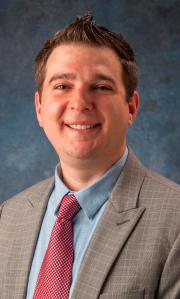Florida Pharmacy Owner to Serve 15 Years in Prison for $100 Million Billing Fraud Scheme
 By George F. Indest III, J.D., M.P.A., LL.M., Board Certified by The Florida Bar in Health Law
By George F. Indest III, J.D., M.P.A., LL.M., Board Certified by The Florida Bar in Health Law
On April 26, 2018, the owner of several Florida pharmacies was sentenced to 15 years in prison and ordered to give up $54.5 million in restitution. Nicholas A. Borgesano Jr., owner of A to Z Pharmacies, pled guilty to his role in a $100 million scheme involving bogus insurance reimbursements for prescription drugs.
He pled guilty in November to charges of conspiracy to commit health care fraud and conspiracy to engage in monetary transactions in property derived from specified unlawful […]







